Anyone who has begun to think, places some portion of the world in jeopardy
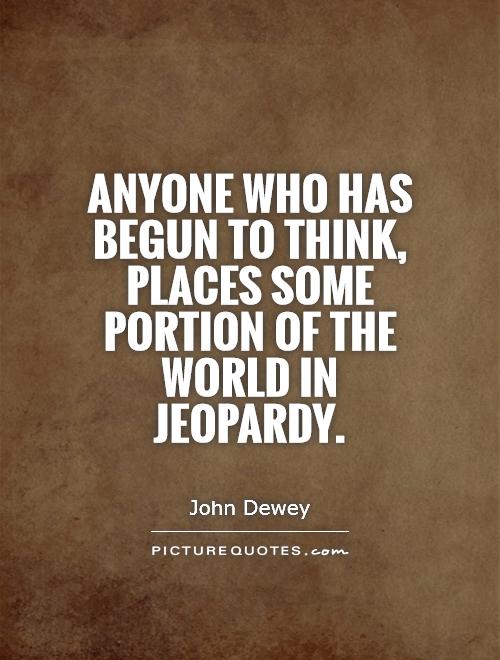
Anyone who has begun to think, places some portion of the world in jeopardy
John Dewey, a renowned American philosopher, psychologist, and educational reformer, believed in the power of critical thinking and its potential to bring about positive change in society. However, he also recognized that with critical thinking comes a certain level of risk and uncertainty. Dewey famously said, "Anyone who has begun to think, places some portion of the world in jeopardy." This statement encapsulates Dewey's belief that questioning the status quo and challenging conventional wisdom can disrupt the existing order and create a sense of instability.Dewey's philosophy emphasized the importance of experiential learning and the need for individuals to actively engage with their environment in order to make sense of the world around them. He believed that true learning occurs through reflection and inquiry, rather than passive absorption of information. By encouraging individuals to question and analyze their surroundings, Dewey believed that they could develop a deeper understanding of themselves and the world they inhabit.
However, Dewey also acknowledged that this process of critical thinking and reflection can be unsettling. When individuals begin to question long-held beliefs and challenge established norms, they inevitably create tension and conflict. By disrupting the status quo, they risk alienating others and facing resistance from those who are invested in maintaining the current order.
Despite these risks, Dewey believed that the benefits of critical thinking far outweighed the potential drawbacks. He saw it as a necessary step towards progress and social change. By encouraging individuals to think for themselves and question authority, Dewey believed that society could move towards a more democratic and inclusive future.
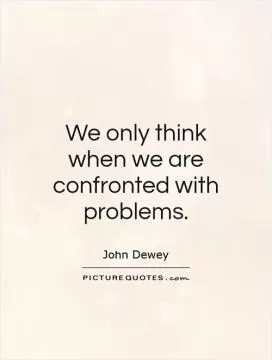
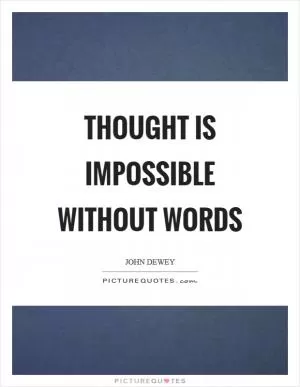
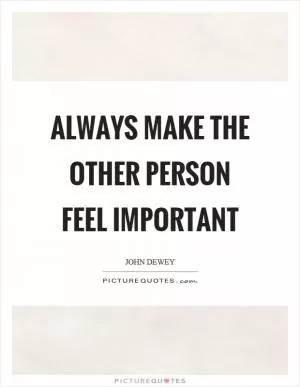
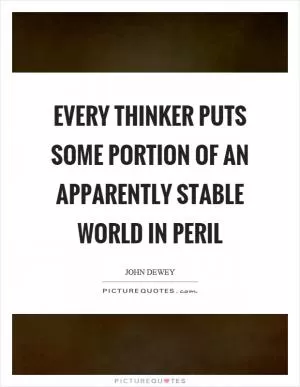
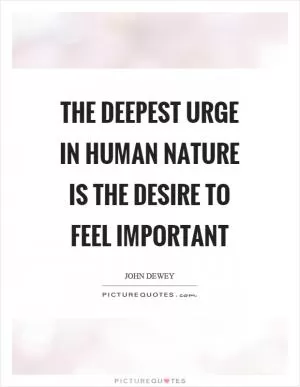
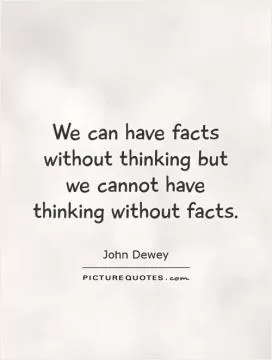
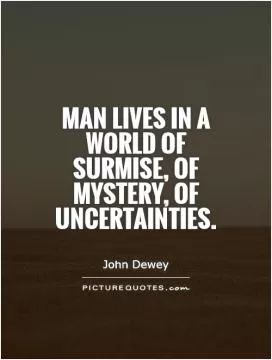
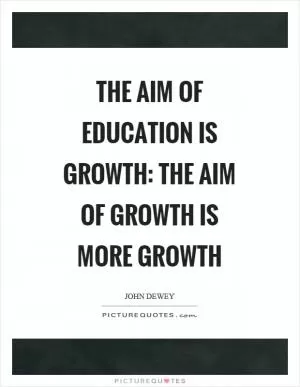
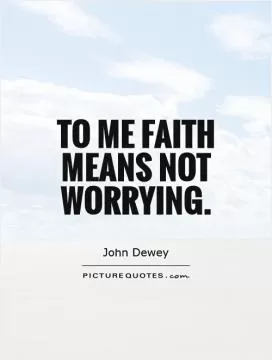
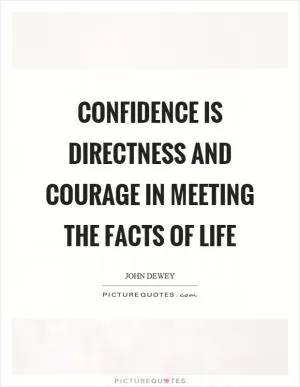

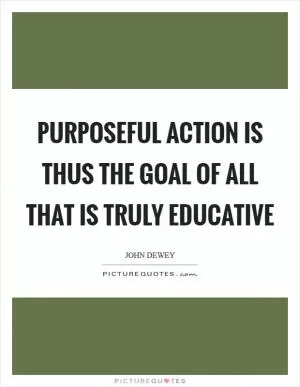
 Friendship Quotes
Friendship Quotes Love Quotes
Love Quotes Life Quotes
Life Quotes Funny Quotes
Funny Quotes Motivational Quotes
Motivational Quotes Inspirational Quotes
Inspirational Quotes